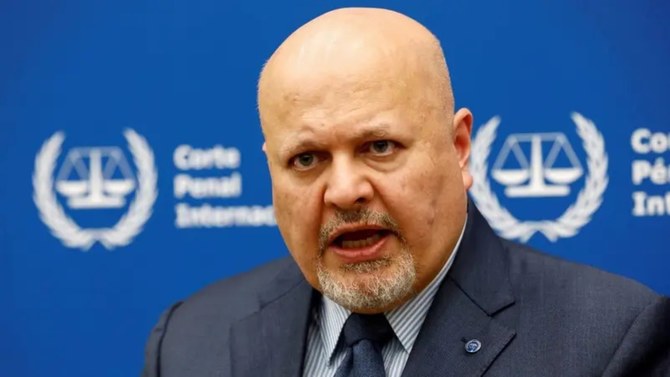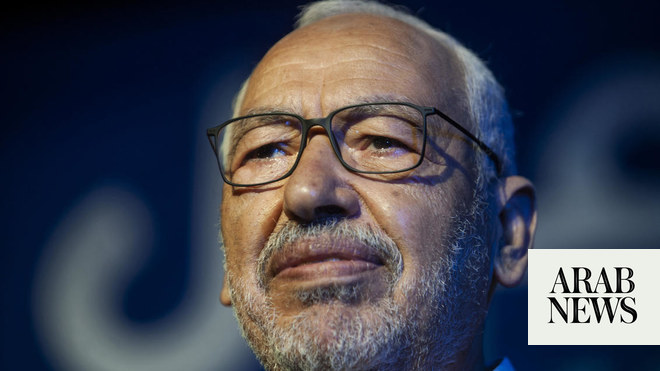
Has the International Criminal Court become an accomplice in injustice by equating “perpetrator” and “victim?” This question arises after ICC Prosecutor Karim Khan announced on Monday that he had applied for summonses for Israeli Prime Minister Benjamin Netanyahu, Defense Minister Yoav Gallant and three Hamas leaders: Ismail Haniyeh, Yahya Sinwar and Mohammed Deif.
This decision prompts challenging questions that are unlikely to garner unanimous answers. The immediate, fervent reactions from supporters on both sides were predictable. Their alarm does not necessarily stem from a fear of potential arrests and them facing international justice. For those involved, the actions of international institutions like the ICC and the International Court of Justice are likely the least of their concerns. Their primary focus is the ongoing war that is devastating both the land and its people, inflicting a heavy toll on civilians on both sides.
It is neither surprising nor new for labels like “victim” and “perpetrator” to be exchanged between Hamas or other Palestinian fractions and Israeli representatives. Such dynamics are common in all conflicts and wars, where there are always victims and executioners, dead and killers. The contention over who qualifies as a victim or a perpetrator will remain unresolved as long as wars rage and conflicts erupt. Innocent people will continue to suffer and die without any wrongdoing on their part.
This decision prompts challenging questions that are unlikely to garner unanimous answers
Bakir Oweida
In this context, it is understandable that Hamas supporters from all walks of life would rally against the ICC’s charges. Simultaneously, it is expected that Netanyahu’s government would react strongly to the accusations against him and his defense minister. What stands out, however, is the involvement of Israeli President Isaac Herzog, despite his purely ceremonial role. Crises have a way of unifying Israelis and Jewish communities around the world, reinforcing their solidarity despite internal differences. This pattern has been consistent in past crises, persists now and will continue whenever Israelis face existential threats, such as the unprecedented Al-Aqsa Flood attack.
Beyond the mere accusation that an international court established in 2002 to pursue those involved in war crimes has equated Hamas with Israel — an accusation that both sides have enthusiastically inflated — there is a more significant and crucial aspect that history has documented, which neither side can easily ignore entirely, even if the trial itself does not materialize.
Indeed, the Israeli right wing, particularly Netanyahu’s Likud faction, must strive to cleanse its political records of significant blemishes. The same applies to the Hamas leaders targeted by the ICC’s accusations, even if they believe — and rightly so to a large extent — that they are safe from the possibility of being arrested and handed over to the court. Nevertheless, it is not easy for Hamas leaders, both on the ground and in politics, to easily absolve themselves of responsibility for the suffering caused by their policies. The tragedies did not start with the Al-Aqsa Flood and are unlikely to end there.
Ultimately, the public’s judgment of political leaders on both sides is forthcoming and will be the most consequential.
Bakir Oweida is a Palestinian journalist who pursued a professional career in journalism in Libya in 1968, where he worked at Al-Haqiqa newspaper in Benghazi, then Al-Balagh and Al-Jihad in Tripoli. He has written for several Arab publications in Britain since 1978. He worked at Al-Arab newspaper, Al-Thadamun magazine and the international Arabic newspaper Asharq Al-Awsat. He has also worked as a consultant at Elaph online newspaper.
Disclaimer: Views expressed by writers in this section are their own and do not necessarily reflect Arab News" point of view










